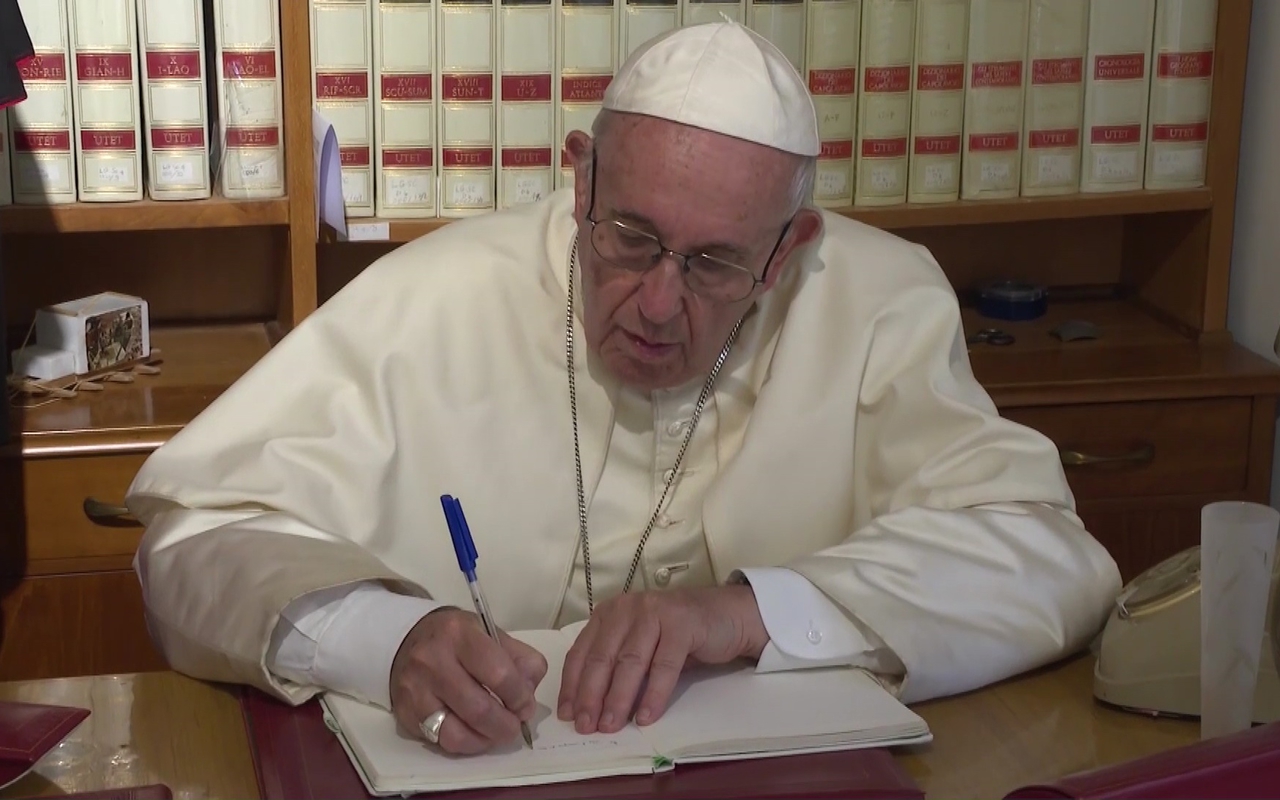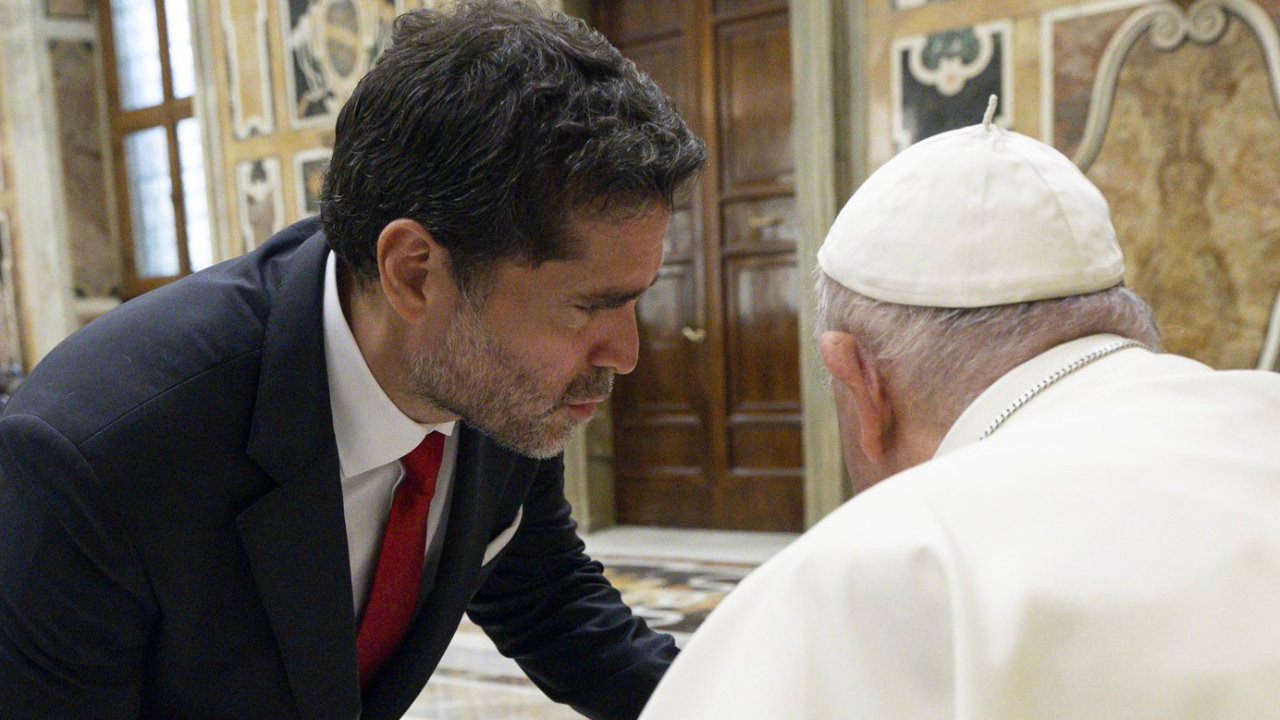FULL VIDEO, HERE:
https://www.romereports.tv/vatican-unseen/videos/most-common-papal-documents-explained
To respond to constantly changing needs around the world and in the Church, popes issue a variety of documents. They can show the limits of the Catholic faith, challenge controversial opinions, encourage or discourage different initiatives in the Church and clarify the pope's priorities.
However, not all documents carry the same weight. Among the most important are apostolic constitutions, encyclicals and apostolic exhortations, followed by other apostolic letters, motu proprios, papal rescripts, decretal letters and apostolic briefs.
MSGR. JUAN IGNACIO ARRIETA
Pontifical Council for Legislative Texts
“They're all acts from the pope, so they carry the authority of being the pope's acts. The content of all these documents isn't always normative. They aren't always laws. Sometimes they're, as I say, doctrinal things.”
“Apostolic constitutions” are important in creating new policies or laws. They deal with doctrinal or disciplinary matters concerning a local church or the Church as a whole.
“Encyclicals” are longer reflections on important topics. They are meant to be read widely by all men of goodwill, not just Catholics. Encyclicals by Pope Francis include “Laudato Si'” and “Lumen Fidei.”
MSGR. JUAN IGNACIO ARRIETA
Pontifical Council for Legislative Texts
“Encyclicals are letters usually of pastoral or theological content. The pope directs them to the whole world.”
“Apostolic exhortations” are often confused with encyclicals because both deal with similar themes. The difference lies more in the target audience and doctrinal weight of the two.
MSGR. JUAN IGNACIO ARRIETA
Pontifical Council for Legislative Texts
“Apostolic exhortations are for example, all those the pope makes after all bishops' synods. FLASH. In theory, it is of a lower doctrinal level than an encyclical.”
“Apostolic letters” are written in response to a specific need or addressed to a specific group of people. They are not legislative, but pastoral in nature and usually deal with social concerns. An example is Pope Francis' recent apostolic letter on the meaning of the Nativity scene, “Admirabile Signum.”
A “motu proprio,” translating to “by one's own initiative,” is a legislative document or decree dealing with specific issues relevant to the Church in a given time in history. They are made on the initiative of the pope himself.
MSGR. JUAN IGNACIO ARRIETA
Pontifical Council for Legislative Texts
“The reason for this, for the law is explained with different articles. It deals with a certain theme, for example, motu proprio 'Vos estis lux mundi'.”
“Papal rescripts” usually answer a petition placed before the Roman Curia or the pope himself. They are meant to make new laws or modify existing ones. In response to petitions from victims of sexual abuse, Pope Francis recently issued a rescript to abolish the pontifical secret in such cases involving minors.
MSGR. JUAN IGNACIO ARRIETA
Pontifical Council for Legislative Texts
“It's a law the pope formally makes. Normally, the cardinal goes to the pope and presents him with a document. The pope signs the document to approve it, and that's it.”
“Decretal letters” are reserved for solemn matters, such as dogmatic definitions and canonizations.
Lowest on the hierarchy are “apostolic briefs.” They deal with relatively less important matters. For example, a brief could be a simple greeting to an organization.
With the pope's countless daily activities, it's not surprising that he rarely writes the documents himself. Instead, they might be drafted by a committee and then approved by the pope.
Although not officially part of the collection of papal documents, the pope's tweets seem to be the most widely read of his writings




















